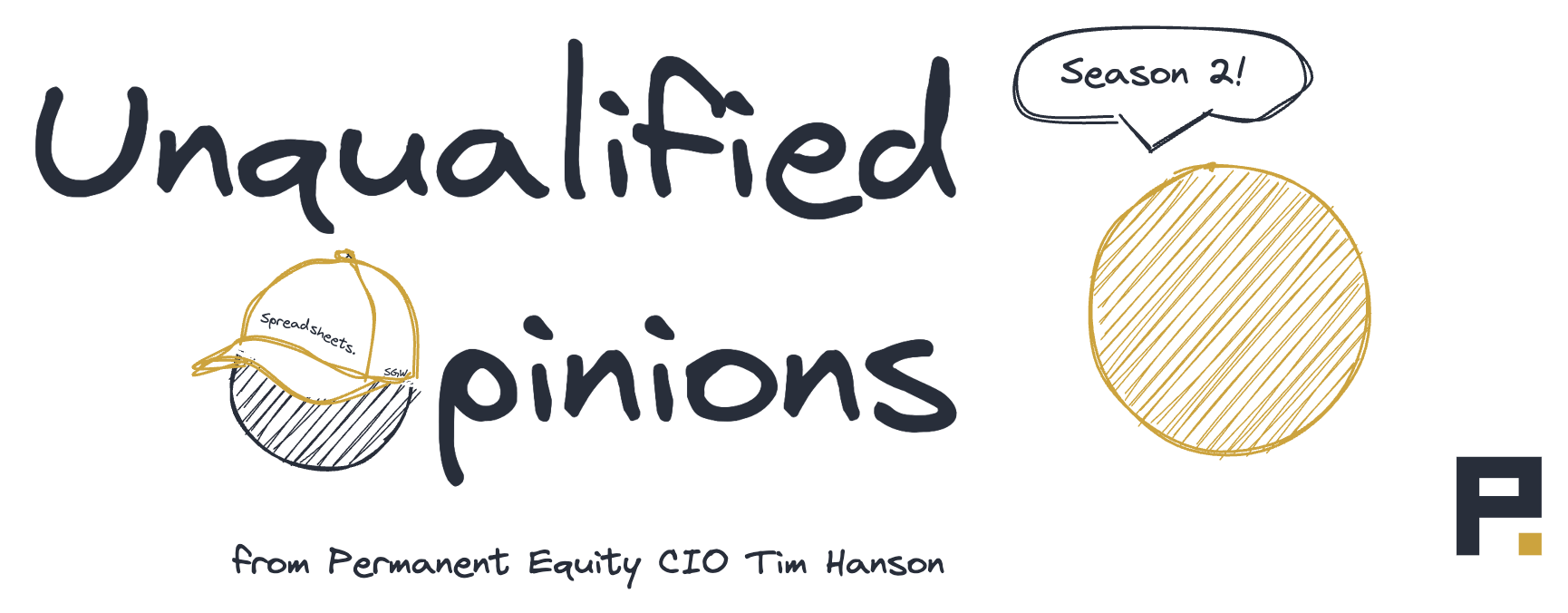Why We Gave Away Our Diligence Checklist
You may have noticed earlier this week that we open-sourced our entire diligence process. We told you how to start, what to do, what to ask, and how to structure the team to see it through. Now anyone can go out and be Permanent Equity.
Not so fast…
The open-source concept has its heritage in software development, where engineers could access code written by others in order to debug, optimize, and improve it. Paradoxically, the point of sharing software is selfish. By doing so, your software gets better faster and exponentially increases in utility – and therefore value – to the world. That exponential increase in value is why sharing something also makes sense economically. Usually having a small interest in a big thing is better than having a big interest in a small thing.
One of the reasons we do what we do at Permanent Equity is to help more American small businesses stay independent and thrive. Therefore, if there is a bigger, more reliable market in which small business owners may sell their businesses, it benefits us. We want small business owners to know that if they go to market to sell their business they are more likely than not to receive a fair valuation and also to go through a reliable process. That’s because an expectation of fairness and reliability will make more small business owners more likely to sell their businesses to outsiders.
That’s very much not the case today. In talking to sellers and intermediaries, we hear horror stories all of the time about prospective buyers who lied about sources of funds, violated confidentiality agreements, and so on. This can lead to owners hanging on too long or selling out to a competitor or just closing up shop.
Again, that’s not in our interest.
Further, we’re self-interested because we know our diligence process isn’t perfect. Like software developers, by open sourcing it, we’re looking for feedback. What might we add? How might we ask certain questions better?
Permanent Equity is in the business of confidently investing other people’s money, and the aim of diligence, as we say in the document, is not uncover gotchas that enable us to renegotiate, but rather to gain an accurate understanding of how a business works and what its opportunity set is so we can do that. Because the more we can confidently invest, the better, so we’re excited to show our work so we can get better too.
Finally, if you go ahead and read about our diligence process, one thing you’ll undoubtedly notice is that it’s both time and labor intensive. It’s work! At Permanent Equity, we’re willing to do the work and that’s something that’s also been a differentiator and competitive advantage for us in the lower middle market. In other words, it’s one thing to know what we do at Permanent Equity and another to go out and repeatedly do it.
– By Tim Hanson


